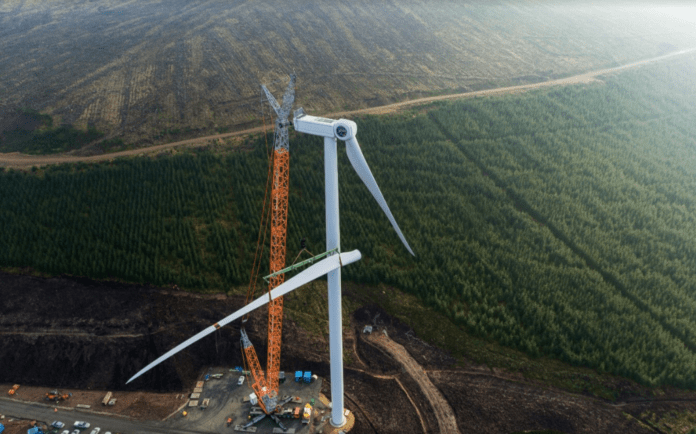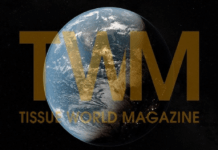Kimberly-Clark (K-C) has addressed the social and environmental challenges it faces in the next decade – including the reduction of its environmental footprint by 50% in areas including plastics, forests, water, and climate – it its latest annual sustainability report.
In its 2022 report, the company confirmed its commitment to delivering better products through innovation as well as the development of more sustainable products.
Key points include the continued advancement of more sustainable solutions, including expanding its range of biodegradable baby wipes made with plant-based fibres.
Currently, it said it has reached 5.1% of recycled content in its plastic packaging, moving it closer to its 20% recycled content goal for 2025.
By year-end 2022 it also said it has achieved “an absolute reduction in GHG emissions of 42%, and a 9.4% energy efficiency improvement versus the 2015 baseline.”
It added it will continue to address water scarcity in water-stressed locations, achieving a 42.1% reduction in consumption against its 2015 baseline.
Lisa Morden, Vice President of Safety, Sustainability and Occupational Health at K-C, said: “We are proud to partner with global NGOs and international organizations such as WWF, Plan International, WaterAid and UNICEF to strengthen communities by supporting sustainable practices and reducing barriers that limit accessibility to proper health, hygiene, education and sanitation.”
K-C also said that in 2022, more than 160 energy conservation initiatives and process and building efficiency improvements were deployed at its manufacturing sites globally, reducing emissions by around 36,000 MTCO2e.
In 2023, the company also started up its Cumberhead, Scotland-based wind farm, which went live on 1 April.
It will make almost 80% of all K-C’s electrical power consumption in the UK renewable, supplying the company with 160,000 megawatt hours of renewable energy annually for its consumer brands Andrex, Kleenex, Huggies, and business-to-business brands WypAll and Scott.





























